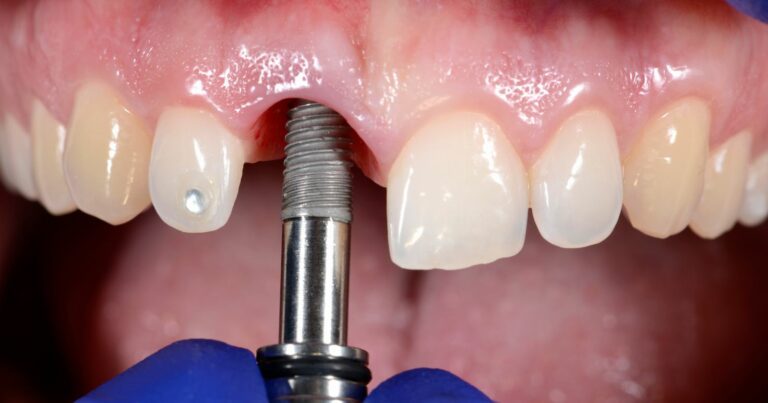Looking for Does Medicare Pay For Eye Exams For Seniors? This Review Reveals the answer.

Medicare is health insurance for people 65 or older. You’re first eligible to sign up for Medicare 3 months before you turn 65. You may be eligible to get Medicare earlier if you have a disability, End-Stage Renal Disease (ESRD), or ALS (also called Lou Gehrig’s disease).
It is important to understand what Medicare is willing to cover, so we don’t have a big bill afterward.
Eye Exams: Effective… Safe… Affordable…
What Are Eye Exams?
An eye exam involves a series of tests to evaluate your vision and check for eye diseases. Your eye doctor is likely to use various instruments, shine bright lights at your eyes, and request that you look through an array of lenses. Each test during an eye exam evaluates a different aspect of your vision or eye health.
Why it’s done
An eye exam helps detect eye problems at their earliest stage — when they’re most treatable. Regular eye exams give your eye care professional a chance to help you correct or adapt to vision changes and provide you with tips on caring for your eyes. And an eye exam might provide clues to your overall health. The eyes are the window to the soul, Many times your eyes are an indication of your overall health.
When to have an eye exam
Several factors can determine how frequently you need an eye exam, including your age, health, and risk of developing eye problems. General guidelines are as follows:
Children 3 years and younger
Your child’s pediatrician will likely check your child’s eyes for healthy eye development and look for the most common childhood eye problems — lazy eye, cross-eyes or misaligned eyes. A more comprehensive eye exam between the ages of 3 and 5 will look for problems with vision and eye alignment.
School-age children and adolescents
Have your child’s vision checked before he or she enters kindergarten? Your child’s doctor can recommend how frequent eye exams should be after that.
Adults
In general, if you are healthy and you have no symptoms of vision problems, the American Academy of Ophthalmology recommends having a complete eye exam at age 40, when some vision changes and eye diseases are likely to start. Based on the results of your screening, your eye doctor can recommend how often you should have future eye exams.
If you’re 60 or older, have your eyes checked every year or two. Best to capture problems earlier.
Have your eyes checked more often if you:
- Wear glasses or contact lenses
- Have a family history of eye disease or loss of vision
- Have a chronic disease that puts you at greater risk of eye diseases, such as diabetes or Age-Related Macular Degeneration.
- Take medications that have serious eye side effects. This is one not to neglect because many medications can affect the eyes.
Eye exams (routine)
Medicare doesn’t cover eye exams (sometimes called “eye refractions”) or for eyeglasses or contact lenses. Your costs in Original Medicare:
You pay 100% for eye exams for eyeglasses or contact lenses. You can get a supplemental insurance plan to cover this.
Things to know
Note:
Some Medicare Advantage Plans (Part C) offer extra benefits that Original Medicare doesn’t cover – like vision, hearing, or dental. Contact the plan for more information.
For more information Routine Eye Exam Coverage (medicare.gov)
Speak to your eye health professional for the best supplements to use. These supplements can improve your odds that you will not have eye problems in the future.






